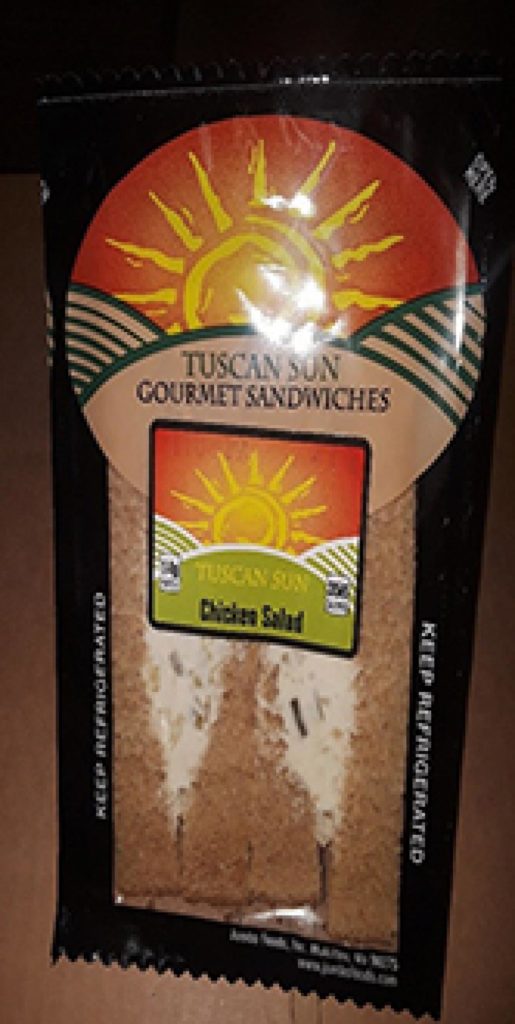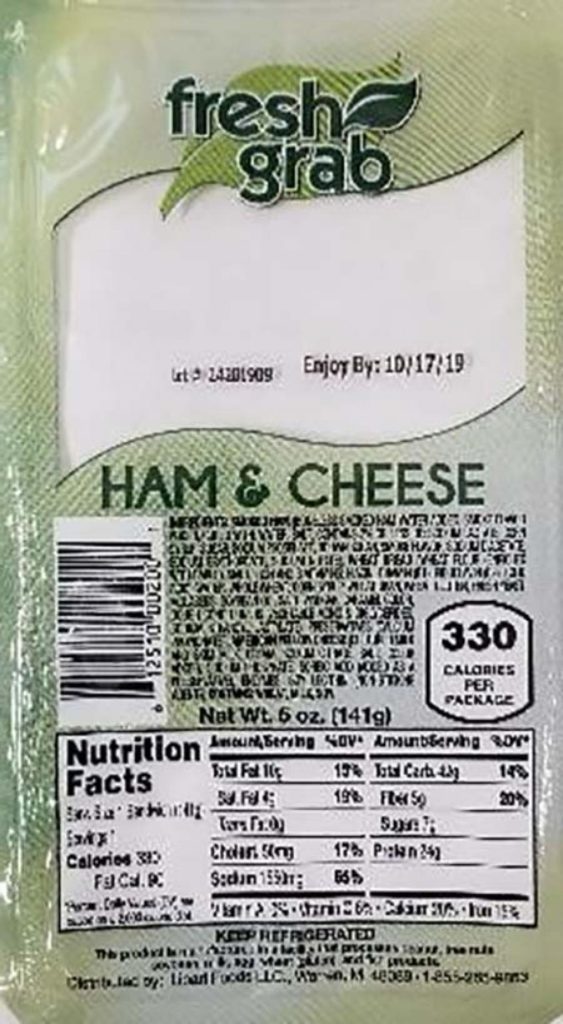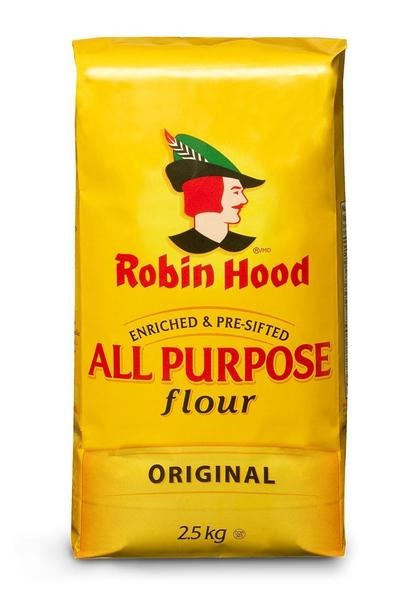Scientists at The University of Edinburgh in the UK found that a toxin produced by naturally-occurring Enterohaemorrhagic E. coli (EHEC) O157 strains helps the bacteria colonize the intestinal tract of cattle and increases the transmission of the bacteria to other animals in the herd. EHEC O157 strains are found in asymptomatic cattle, while human exposure can lead to severe symptoms. The most dangerous symptoms in humans are associated with isolates that encode Stx subtype 2a. The study showed that rapid and high levels of toxin expression result in that infected people are likely to have more serious symptoms. The Stx2a did not alter excretion levels, and it enabled colonization of E. coli in animals. Rapid production of Stx2a and its role in establishing E. coli O157 colonization in the bovine gastrointestinal tract facilitate effective transmission and have led to its expansion in the cattle E. coli O157 population. Stx2a is produced quicker by the bacteria than other Shiga toxins, and it promotes the persistence of the bacteria on cells that line the gastrointestinal tract of cattle. This allows infected cells to survive for longer and makes it more likely the cattle will shed the bacteria in their feces for longer and at higher levels. Therefore, it increases the chance that bacteria can be passed to other cattle in the herd as well as to humans. The study demonstrates how the toxin can provide an advantage in the animal host, by halting the usual turnover of gut cells that would remove adherent E. coli. As a result, the bacteria colonize more easily, in the gut, and can be excreted at high levels to go onto infect other animals and possibly humans. @ https://journals.plos.org/plospathogens/article/authors?id=10.1371/journal.ppat.1008003
ruth
Author summary Enterohaemorrhagic E. coli (EHEC) O157 strains are found in cattle where they are asymptomatic, while human exposure can lead to severe symptoms including bloody diarrhoea and kidney damage due to the activity of Shiga toxin (Stx). The most serious symptoms in humans are associated with isolates that encode Stx subtype 2a. The advantage of these toxins in the animal reservoir is still not clear, however there is experimental evidence implicating Stx with increased bacterial adherence, immune modulation and suppression of predatory protozoa. In this study, the hypothesis that Stx2a is important for super-shedding and calf-to-calf transmission was tested by comparing excretion and transmission dynamics of E. coli O157 strains with and without Stx2a. While Stx2a did not alter excretion levels when calfs were orally challenge, it enabled colonisation of more in contact ‘sentinel’ animals in our transmission model. We show that Stx2a is generally induced more rapidly than Stx2c, resulting in increased levels of Stx2a expression. Both Stx2a and Stx2c were able to restrict cellular proliferation of epithelial cells in cultured bovine enteroids. Taken together, we propose that rapid production of Stx2a and its role in establishing E. coli O157 colonisation in the bovine gastrointestinal tract facilitate effective transmission and have led to its expansion in the cattle E. coli O157 population.
ruth
On its website, the FDA announced another recall related to the Tip Top diced chicken recall. Jumbo Foods Inc. of Mukilteo, WA recalled Tuscan Sun (TS) brand chicken salad sandwiches because it has the potential to be contaminated with Listeria monocytogenes. The refrigerated and frozen sandwiches were distributed exclusively by Jumbo Foods Inc to foodservice and retail stores in Arizona, California, Nevada, North Carolina, Oregon, Utah, Virginia, and Washington. Jumbo Foods Inc began shipping these frozen or refrigerated sandwiches products between March 11, 2019 and September 27, 2019. Frozen sandwiches have no sell-by or use by date printed on packages and have eight months shelf life. Frozen products will be thawed, and the expiry dates are applied at stores. Refrigerated sandwiches distributed by Jumbo Foods have 28 days shelf life, and the sell-by or use-by date stickers are observed on packages. This recall was initiated by Jumbo foods due to a notice from The Suter Company whose poultry supplier Tip Top Poultry has issued a voluntary recall of ready-to-eat (RTE) poultry products that may be adulterated with Listeria monocytogenes. No illnesses have been reported to date concerning these products or recall. @ https://www.fda.gov/safety/recalls-market-withdrawals-safety-alerts/jumbo-foods-inc-recalls-frozen-fresh-chicken-salad-sandwiches-because-possible-health-risk?utm_campaign=Jumbo%20Foods%20Inc.%20Recalls%20Frozen%20%26%20Fresh%20Chicken%20Salad%20Sandwiches%20Because%20of%20Possible%20Health%20Risk&utm_medium=email&utm_source=Eloqua
Jumbo Foods Inc. of Mukilteo, WA has issued a voluntary recall of Tuscan Sun (TS) brand chicken salad sandwiches, because it has the potential to be contaminated with Listeria monocytogenes
ruth
The FDA announced on its website that Lipari Foods had expanded its recall from October 2nd due to Listeria monocytogenes to include Premo Ham & Cheese Wedge Sandwiches and Fresh Grab Ham & Cheese Wedge Sandwiches. One lot of Ham & Cheese Wedge Sandwiches produced by JLM Manufacturing due to potential contamination of Listeria monocytogenes. The potential for contamination of this particular lot was brought to our attention during an FDA investigation of the previous recall. No illnesses have been reported to date concerning this recall. The product was distributed exclusively by Lipari Foods in Warren, Michigan, to foodservice and retail stores throughout Florida, Iowa, Illinois, Indiana, Kentucky, Maryland, Michigan, Missouri, Ohio, Pennsylvania, Tennessee, West Virginia, and Wisconsin. @ https://www.fda.gov/safety/recalls-market-withdrawals-safety-alerts/lipari-foods-issues-recall-ham-cheese-wedge-sandwiches-due-potential-contamination-listeria?utm_campaign=Lipari%20Foods%20Issues%20Recall%20of%20Ham%20%26%20Cheese%20Wedge%20Sandwiches&utm_medium=email&utm_source=Eloqua
Lipari Foods has issued a voluntary recall of Premo Ham & Cheese Wedge Sandwiches and Fresh Grab Ham & Cheese Wedge Sandwiches due to potential contamination of Listeria monocytogenes
ruth
After the King Arthur Flour recalled their flour due to E. coli resulting from flour supplied by ADM Milling Co., Brand Castle, LLC of Bedford Heights, Ohio, J.M. Smucker Company announced a recall of five-pound bags of Robin Hood All Purpose Flour due to a possible E. coli contamination. The products were distributed to a variety of retailers in the U.S. This is an expansion of the recall from June of this year.The company says the potential presence of E. coli was discovered through sampling, but they have not received any reports of illnesses related to this recall. @ https://www.fda.gov/safety/recalls-market-withdrawals-safety-alerts/j-m-smucker-company-issues-voluntary-recall-specific-lots-robin-hoodr-all-purpose-flour-distributed
Out of an abundance of caution, The J. M. Smucker Company today announced a voluntary recall of specific lots of Robin Hood® All Purpose Flour distributed and sold in the U.S. due to possible E. coli contamination. This recall does not impact any Robin Hood® items sold in Canada.



